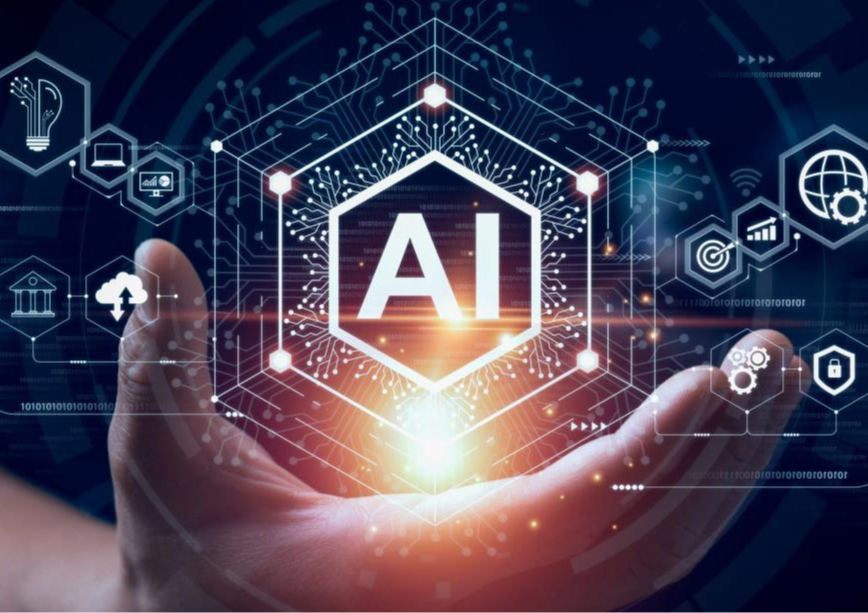The Growing Demand for AI Engineers
The Growing Demand for AI Engineers
Blog Article
Synthetic Intelligence (AI) is revolutionizing industries worldwide, and knowledge programs are no exception. With the ability to analyze information, personalize learning, and automate administrative jobs, AI is transforming old-fashioned techniques to teaching and learning. Listed here is a closer search at how Artificial intelligence (umělá inteligence) can increase education methods and increase outcomes for pupils, teachers, and institutions.
Personalizing the Understanding Knowledge
One of the very most substantial benefits AI provides to education is individualized learning. Using smart calculations, AI can analyze a student's efficiency, understanding pace, and regions of struggle, then tailor materials and recommendations to their personal needs. As an example:

Versatile Understanding Systems use AI to supply custom content for every student, ensuring they progress at their particular pace. Reports show that students using versatile learning instruments often achieve better outcomes compared to traditional methods.
AI Tutors may guide students with specific problems, giving step-by-step details and practice questions in areas they discover difficult. This approach provides additional support without overburdening educators.
That degree of personalization aims to shut learning breaks, ensuring no scholar is remaining behind.
Streamlining Administrative Tasks
Artificial intelligence also minimizes the burden of administrative tasks on educators and school staff. Automating repeated actions allows teachers to target more on the principal role—teaching.
Grading Automation driven by AI decreases enough time spent on assessing standardized checks, quizzes, and assignments. For example, AI methods can consider multiple-choice responses and actually provide feedback on prepared essays.
Arrangement and Administrative Guidance methods use AI to organize scholar and instructor schedules, handle assets, and talk reminders.
These efficiencies may save countless hours, making training methods more effective and effective.
Enhancing Use of Training
AI-powered resources are increasing use of education globally, specially for underserved communities. For example:
Language Translation Tools allow students to gain access to understanding resources in their indigenous language, wearing down language barriers.
Electronic Classrooms and AI-enabled range understanding tools assure students may learn from anywhere, using minimal resources.
This democratization of training models a precedent for more inclusive and equitable learning experiences.

Encouraging Data-Driven Decision Making
AI also assists academic institutions produce more knowledgeable decisions. By studying great levels of data, AI systems may:
Estimate graduation rates and recognize at-risk pupils early.
Provide insights in to curriculum effectiveness.
Improve resource allocation based on information trends.
These abilities inspire academic leaders to produce strategic choices that benefit the whole system.
The Way Forward
AI is not just a software but a game-changer for modern education. By approaching simple problems like personalization, entry, and effectiveness, AI can lead how you can a more inclusive and impressive training system. Nevertheless, their implementation must be innovative, prioritizing ethical concerns and instructor engagement to completely realize its potential in shaping the ongoing future of learning. Report this page